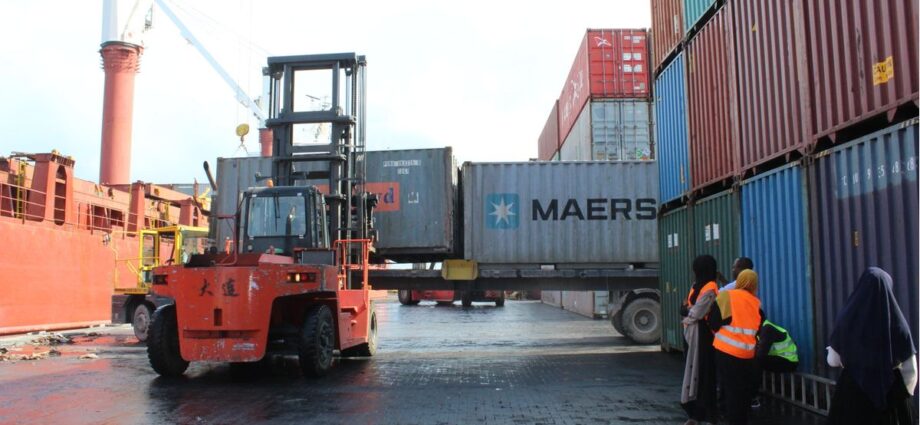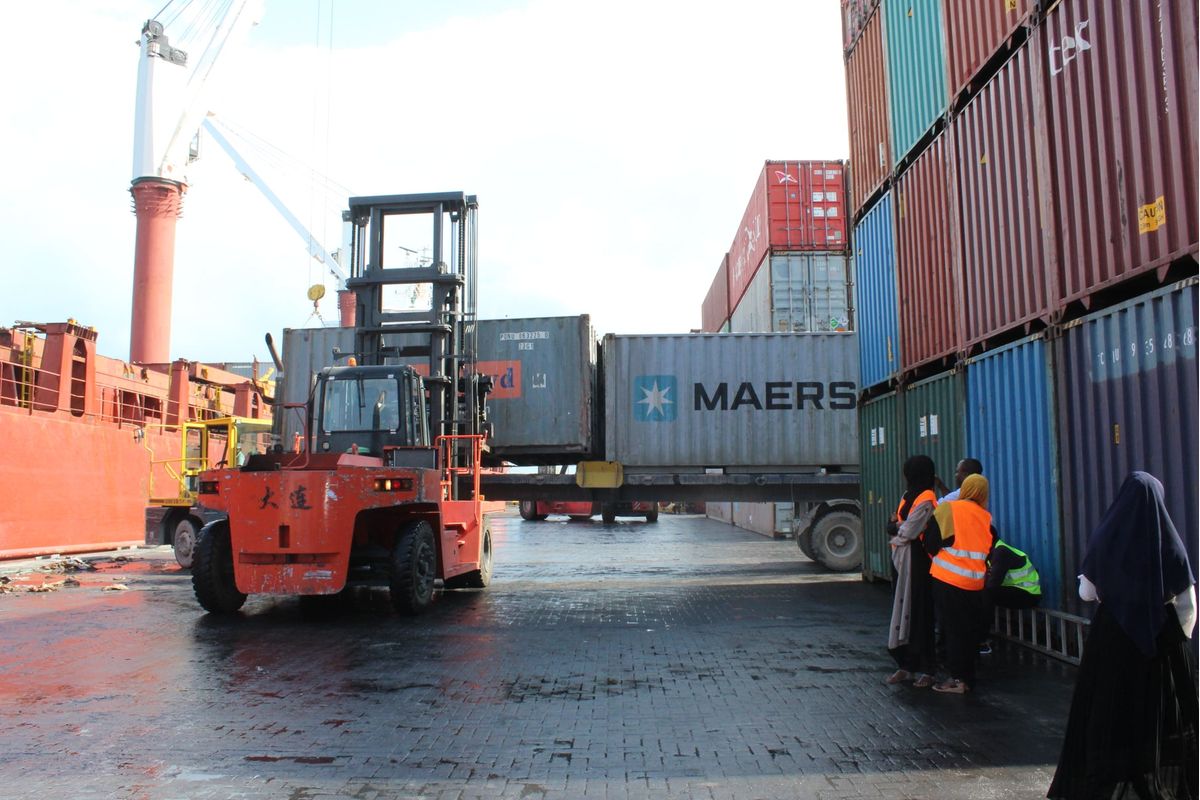Unguja. The Zanzibar Liquor Advisory and Control Board has said three companies imported alcoholic beverages illegally, urging immediate intervention to prevent the clearance of any alcohol containers at the Zanzibar Multipurpose Terminal (ZMT) at the Port of Zanzibar.
In a letter addressed to the director general of the Zanzibar Ports Authority, a copy of which The Citizen has seen, the board said the three companies, ZMMI, Scotch Co. Ltd, and One Stop Ltd attempted to clear their alcohol consignments without the requisite importation permits, contravening Section 33 of the Liquor Advisory and Control Act of Zanzibar No. 9 of 2020.
In March, the three companies admitted that 25 containers of alcoholic beverages and seven dhows of beer were stuck at the Malindi Port, Zanzibar, following a refusal by authorities to release the stock despite the TRA, ZRA and other government agencies clearing the goods.
The companies claimed the consignment was imported before they were denied renewal of import permits.
According to the board, the three companies, of which one was awarded the Best Tax Payer’ Award in 2023, are not authorised to import alcohol into Zanzibar for the year 2024.
Speaking to journalists, the Ports Authority’s director general, Akif Ali Khamis, admitted to having received the letter saying the three companies have containers of alcoholic beverages at the port.
“However, yesterday, we received a letter from the liquor control board instructing us to continue withholding the shipment they imported because they have not been granted import permits for alcohol in Zanzibar,” said Mr Khamisi.
He further stated that the duties on the shipment have been paid by the parties involved since the goods arrived at the port.
The costs will be determined according to the law, and he added that the shipment will be held at the port until further decisions are made.
According to the letter, after applications were denied, the three companies resorted to legal action, filing Claim No. 08 of 2024 in the High Court of Zanzibar to compel the issuance of importation permits.
The court, in a decision dated February 19, 2024, reaffirmed that such authority lies solely with the Zanzibar Liquor Advisory and Control Board, dismissing the companies’ demands.
It added that the ongoing attempts by these companies to import alcohol without the necessary permits have been termed misleading and contrary to Zanzibar laws.
Nullity of the law
However, as the board quoted Section 33 of the Liquor Advisory and Control Act of Zanzibar No. 9 of 2020, it has emerged that the same article was ruled unconstitutional by the High Court in Zanzibar in April 2024.
In its ruling, the court struck down a key provision in the Liquor Control Act (LCA), calling the law, which was enacted in 2020, limiting the number of companies allowed to import liquor to just three, unconstitutional.
Judge George J. Kazi ruled Section 33(1) of the LCA “inoperative” and “a nullity in law,” effectively rendering it unenforceable.
The section restricted import permits to Zanzibari-owned businesses and capped the total number of permits at three.
Judge Kazi found the restriction on import permits violated several fundamental rights enshrined in the Zanzibar Constitution, including the freedom to conduct business and the right to earn a living.
The judge pointed out that both the Zanzibar Constitution and the Fair Competition and Consumer Protection Act (FCFCPA) prohibit businesses from acting in a way that stifles competition or hinders new entrants in the market.
He concluded that any legislation containing provisions contradicting the FCFCPA “will not only lack the force of law but will also contravene Section 10(d) of the Constitution.”
The judge further questioned the justification provided by the government for the restriction. While the government argued it was necessary to control excessive liquor imports, Judge Kazi noted the absence of evidence supporting this claim.
He pointed out that the law lacked any regulations to limit the quantity of liquor that even the three licensed importers could bring in.
The judge specifically addressed the government’s failure to present evidence: “Is there excessive liquor importation in Zanzibar that is beyond market demand? Does the law impose any restriction against the three licensed importers on the quantity of liquor to be imported…?”
First order
On February 19, Judge Rabia Hussein Mohammed at the High Court of Zanzibar granted an injunction requested by Zanzibar Maritime and Mercantile International Co. Ltd, One Stop Company Limited, and Scotch Store Limited, restraining the ZLCB from interfering with their operations, suspending their permits, or delaying their goods.
The order was encountered in a letter to the chief executive officer of the Zanzibar Multi-Purpose Terminal, the chairman of the Zanzibar Liqour Control Board (ZLCB), instructing the management not to follow the supposed order.
“The Zanzibar Control and Regulatory Liquors Board would like to inform you that Scotch Store, One Stop Company and ZMMI are not allowed to import alcoholic beverages due to failure to obtain permits to import alcoholic beverages in Zanzibar,” reads the letter.
The ZLCB justifies its position by stating that the companies lack the necessary permits for 2024 and expresses its intention to appeal the court’s decision.
“Either in relation to the court order, the Zanzibar control and regulatory liquors board has expressed the intention to appeal the decisions made by the High Court of Zanzibar. With this letter, the board is asking your good office not to allow the three companies to import alcoholic beverages into Zanzibar,” wrote Juma Chum, the chairman of the ZLCB.
Though both rulings offered reprieve to the three companies, their containers remained stuck at the Port of Malindi with tonnes of liquor, despite having paid the necessary taxes and levies.















